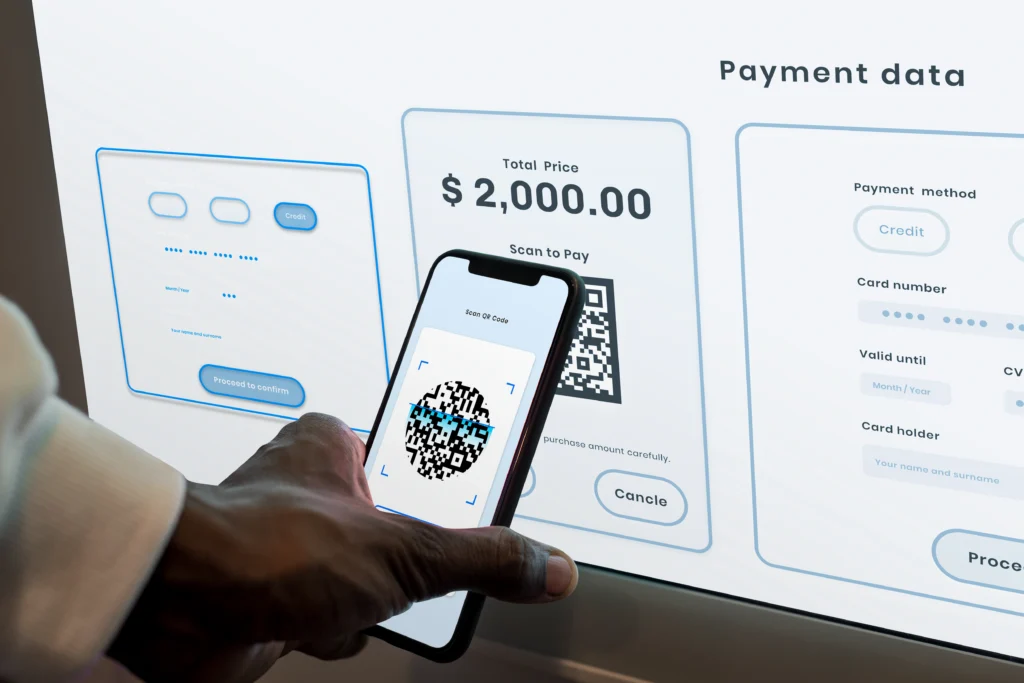PCI compliant payment gateways Payment Gateway Security Explained
Core Security Protocols
PCI compliant payment gateways Modern payment gateways employ multiple security layers to protect sensitive financial data during transmission and storage. The foundation is PCI DSS compliance, which mandates encryption standards like TLS 1.2+ for data in transit and AES-256 for data at rest. Tokenization replaces actual card numbers with randomly generated values that are useless if intercepted, while point-to-point encryption (P2PE) safeguards data from the moment of card swipe or entry. Regular vulnerability scans and penetration testing by certified security firms help identify and patch potential weaknesses before attackers can exploit them.

Advanced Fraud Prevention
Sophisticated payment gateways deploy artificial intelligence to analyze hundreds of, furthermore transaction attributes in real-time, identifying patterns associated with fraudulent activity. Machine learning models evaluate factors like purchase velocity, device fingerprinting, IP geolocation mismatches, and behavioral biometrics to calculate risk scores. For high-risk transactions, systems automatically trigger step-up authentication through 3D Secure 2.0 protocols or request additional verification. Some solutions offer merchant-configurable rules engines that allow custom fraud filters based on business-specific risk tolerance and historical chargeback patterns.

Compliance and Regulatory Standards
Beyond technical security, payment gateways, however, must navigate complex regulatory landscapes that vary by region and transaction type. In Europe, PSD2 regulations mandate Strong Customer Authentication (SCA) for most online payments, requiring two-factor authentication. North American operators adhere to NACHA rules for ACH payments and state-specific money transmitter laws. Emerging markets often have unique data localization requirements,
payment gateways
such as India’s mandate to process all payment data domestically. Maintaining compliance requires dedicated legal teams, regular audits, and adaptable technology stacks that can implement new requirements quickly, Modern payment gateways offer three primary integration approaches with varying complexity levels. Hosted payment pages (like PayPal) provide the simplest implementation through pre-built checkout iframes that handle PCI compliance externally,






